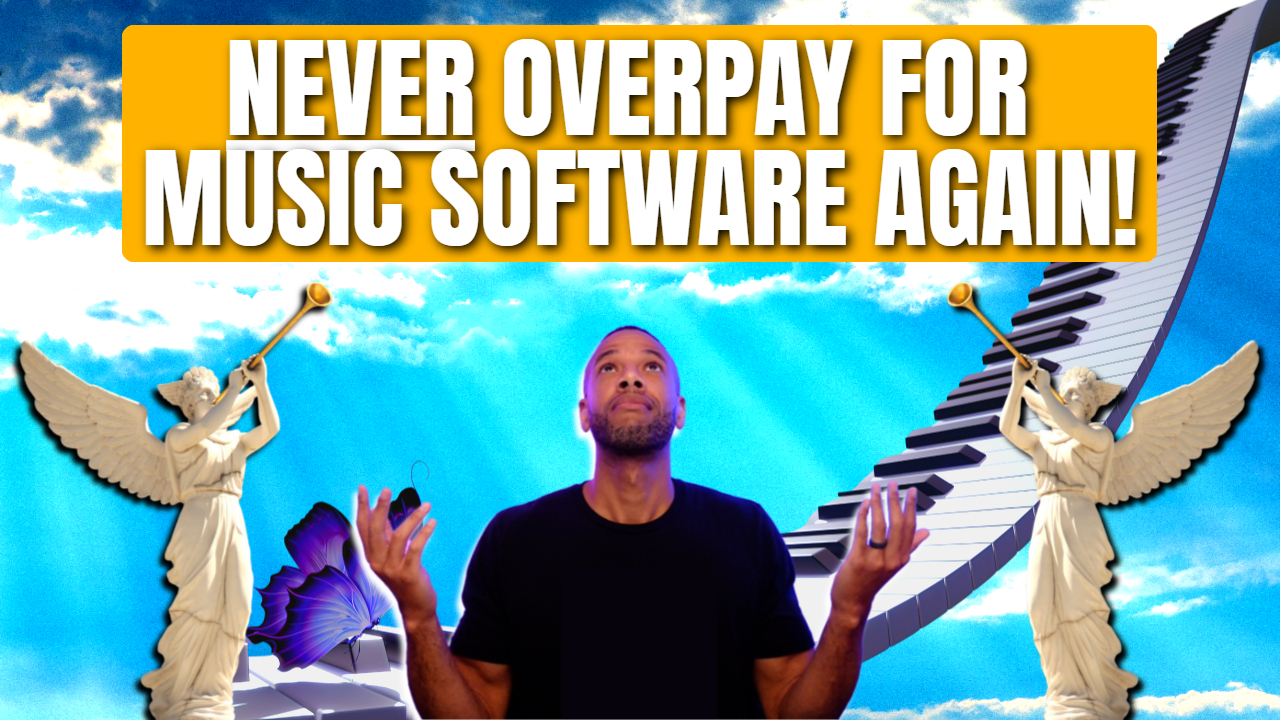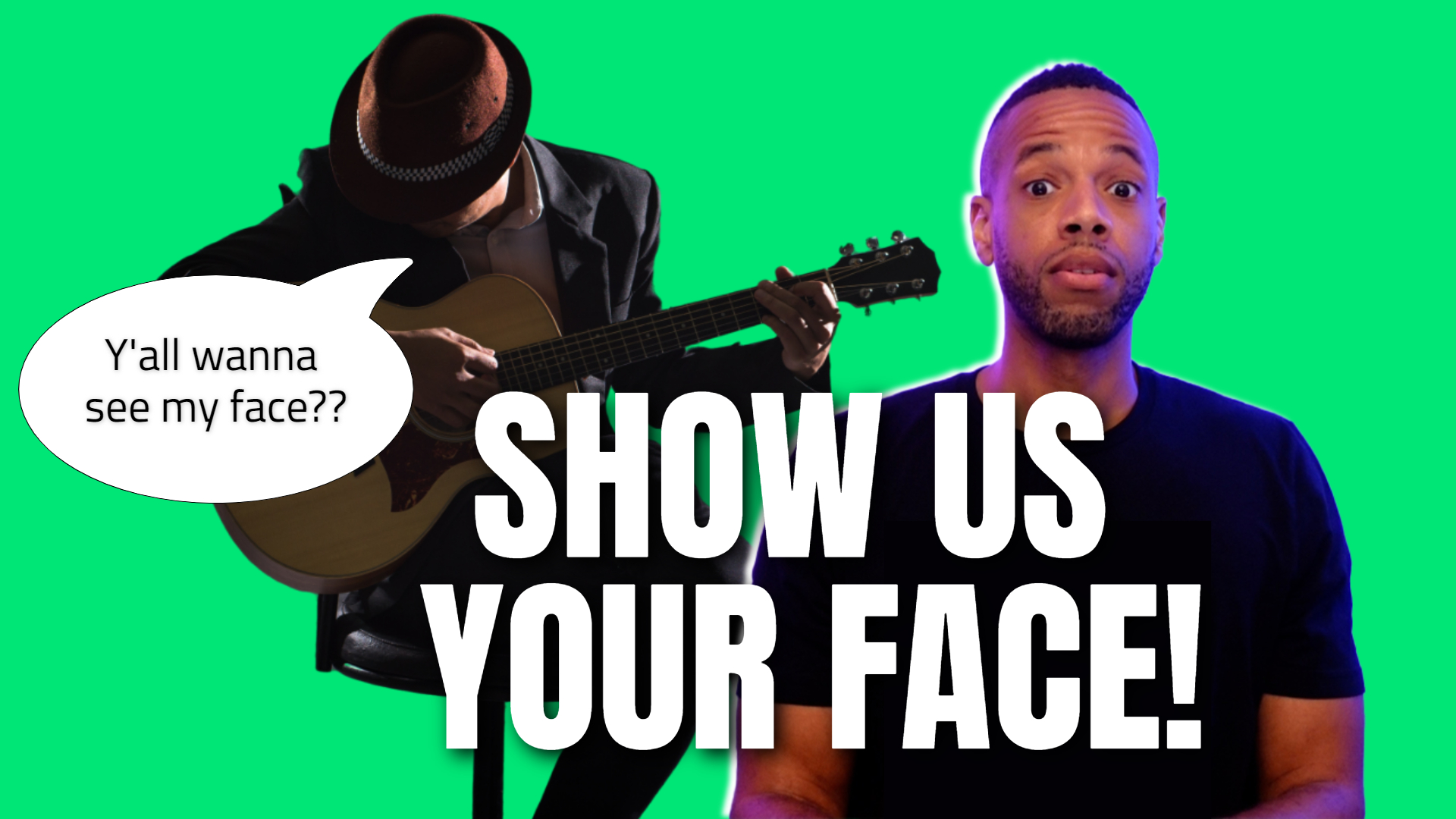Publishing Deal Vs. Recording Contract: Which One Best Suites You

*This article may contain links to affiliate products & services. We have reviewed these services to try and ensure the highest quality recommendations*
Written by Jaron Lewis
Artists looking to sign a contract with a label or publishing company need to understand the differences between the two. In order for you to understand, we have comprised a cheat sheet so that you can see a publishing deal vs. recording contract: which one best suites you.
What's A Recording Contract
A record contract is a deal between a recording artist or group and a record label. The artist’s job is to create songs the record can promote and sell. In exchange, the record company supports the artists and gives them resources the artists will not otherwise have access to.

Pros Of Recording Contract
There are many pros to working with record labels, the most prominent being money. The more successful the recording label the more money they are likely to give you and they can use to help sell your records and spread your image. In addition, you are usually offered advances as and better resources to do video shoots, touring, recording among other opportunities. Then, there’s the people a label can connect you to.
This includes major players in the media from TV to magazines. This is where the power and size of an indie label really comes into play. Unlike indie record labels, mainstream labels have more connections and resources. They also are more likely to have big names signed to them. It’s common for labels to “piggy back” new artists on the reputation of established ones.
Cons Of Recording Contract
Unfortunately, large record labels have hundreds of artists and they can’t focus on all of them. In this case, you’re a small fish in a big pond and you need to do your best to stand out; otherwise, you will get left behind.
For brand new artists, some labels (big and small) may take advantage of you. Because they also own the songs you create, they can have more creative power over it. Lastly, staying relevant to the right people becomes very important. If your label doesn’t care for your sound anymore, you could find yourself left out in the rain.
What's A Publishing Deal?
A publishing deal is an agreement between artists and publishing companies. The company can claim your work, in exchange for promoting it. From here, the deal tends to go in a number of directions, however, we will only address the bare bones. Publishing companies control several aspects of your work:
Performing Acts Rights – Royalties gathered from radio and digital streaming services.
Mechanical Rights – Royalties gathered when an artist covers one of your songs.
Synchronization – Royalties gathered when the song is played in commercials, movies or television.
Sheet Music – Royalties gathered when sheet music of a song sells.

Pros Of A Publishing Deal
Like record deals, the initial draw is money. With a publishing company an artist either could focus on their craft full time or only need to work part time, while focusing on their songs. They also offer resources to create professional recordings of your music.
Then there’s the connections they have access to in the media and otherwise. Lastly, song pluggers. These are people in charge of getting as many opportunities for your song as possible.
Cons Of A Publishing Deal
The internet is absolutely vital, but there are other ways to communicate. Check out what promotional items you can get your band or artist logo on, and how you can ensure it gets in the right hands.
Which Should You Look For?
If you’re a songwriter, publisher deals would be better for you. Record deals typically cover bands (that can include a songwriter) or performing artists. In addition, due to certain licenses and because of the benefits of performing arts rights organizations (which largely benefits songwriters), publishing deals will be more beneficial for songwriters.
When your song is ready to go, it's time to start promoting it to potential fans! Omari has the best organic promotion services money can buy. With packages for Spotify, TikTok, Instagram, and YouTube, we will get your music the traffic and attention it deserves! Click below for more information.
SPEAK YOUR MIND
How This INDIE Artist Got Over 67,598,275 Streams On ONE Song
Join the No-Nonsense Music Marketing Newsletter to get the most valuable weekly case studies and strategies to grow your music business!




